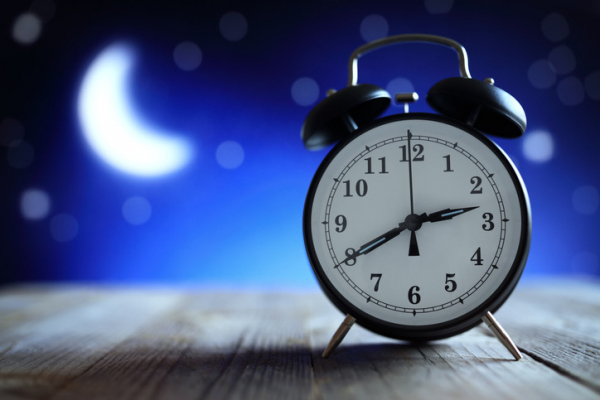
Growing evidence suggests that poor sleep is linked to a host of health problems, including a higher risk of high blood pressure, diabetes, obesity, and heart disease. Now, a recent study on people in midlife finds that having a combination of sleep problems — such as trouble falling asleep, waking up in the wee hours, or sleeping less than six hours a night — may nearly triple a person’s risk of heart disease.
“These new findings highlight the importance of getting sufficient sleep,” says sleep specialist Dr. Lawrence Epstein, assistant professor of medicine at Harvard Medical School. Many things can contribute to a sleep shortfall, he adds. Some people simply don’t set aside enough time to sleep. Others have habits that disrupt or interfere with sleep. And some people have a medical condition or a sleep disorder that disrupts the quality or quantity of their sleep.
Who was in the study?
The researchers drew data from 7,483 adults in the Midlife in the United States Study who reported information about their sleep habits and heart disease history. A subset of the participants (663 people) also used a wrist-worn device that recorded their sleep activity (actigraphy). Slightly more than half of participants were women. Three-quarters reported their race as white and 16% as Black. The average age was 53.
Researchers chose to focus on people during midlife, because that’s when adults usually experience diverse and stressful life experiences in both their work and family life. It’s also when clogged heart arteries or atherosclerosis (an early sign of heart disease) and age-related sleep issues start to show up.
How did researchers assess sleep issues?
Sleep health was measured using a composite of multiple aspects of sleep, including
- regularity (whether participants slept longer on work days versus nonwork days)
- satisfaction (whether they had trouble falling asleep; woke up in the night or early morning and couldn’t get back to sleep; or felt sleepy during the day)
- alertness (how often they napped for more than five minutes)
- efficiency (how long it took them to fall asleep at bedtime)
- duration (how many hours they typically slept each night).
To assess heart-related problems, researchers asked participants “Have you ever had heart trouble suspected or confirmed by a doctor?” and “Have you ever had a severe pain across the front of your chest lasting half an hour or more?”
A “yes” answer to either question prompted follow-up questions about the diagnosis, which included problems such as angina (chest pain due to lack of blood flow to the heart muscle), heart attack, heart valve disease, an irregular or fast heartbeat, and heart failure.
Poor sleep linked to higher heart risk
The researchers controlled for factors that might affect the results, including a family history of heart disease, smoking, physical activity, as well as sex and race. They found that each additional increase in self-reported sleep problems was linked to a 54% increased risk of heart disease compared to people with normal sleep patterns. However, the increase in risk was much higher — 141% — among people providing both self-reported and wrist-worn device actigraphy data, which together are considered more accurate.
Although women reported more sleep problems, men were more likely to suffer from heart disease. But overall, sex did not affect the correlations between sleep and heart health.
Black participants had more sleep and heart-related problem than white participants, but in general, the relationship between the two issues did not differ by race.
What does this mean for you?
If you have trouble falling or staying asleep, there are many ways to treat these common problems, from simple tweaks to your daily routine to specialized cognitive behavioral therapy that targets sleep issues. These are well worth trying, because getting a good night’s sleep helps in many ways.
“Treating sleep disorders that interfere with sleep can make you feel more alert during the day, improve your quality of life, and reduce the health risks related to poor sleep,” says Dr. Epstein.
